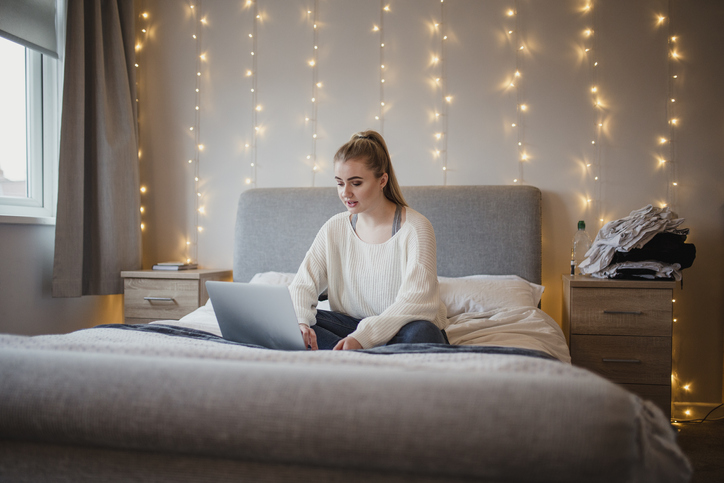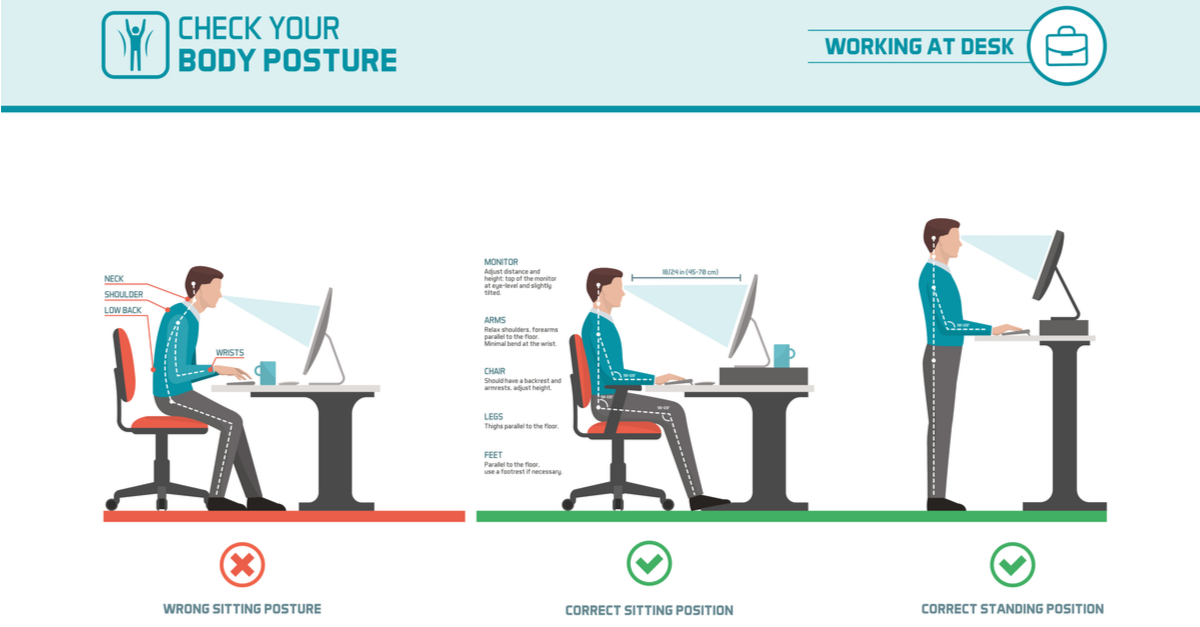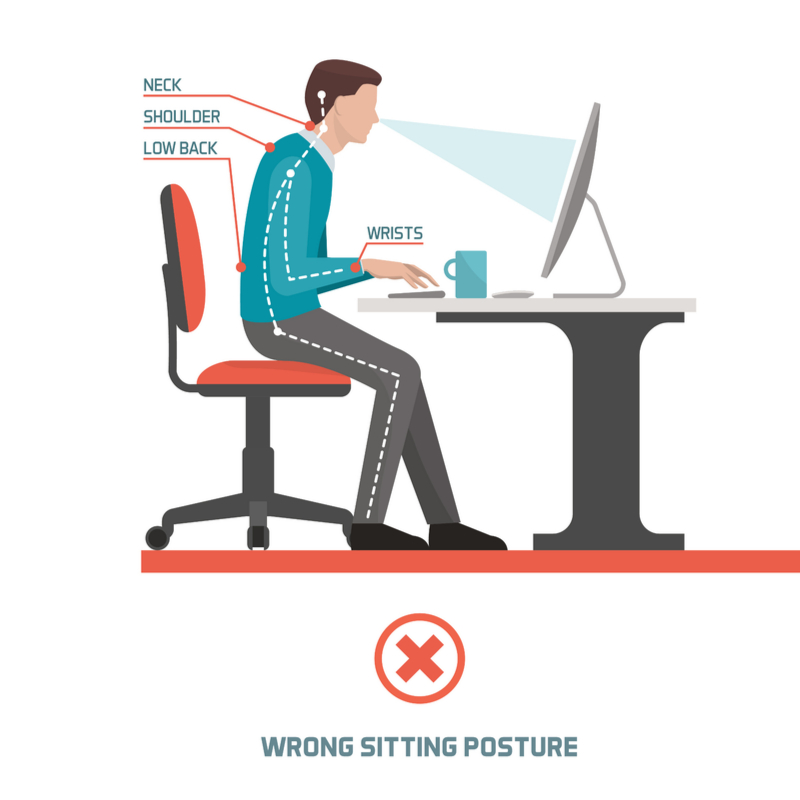Towards the end of a school or university term, or semester, we see an influx of teenagers and adolescents attending for physiotherapy for "studying relaxed" conditions.
In most cases these are attributed to poor studying techniques and habits, leading to their bodies being exposed to sustained poor postural positions for extended periods.
If any of the below images resemble studying habits in your household then put a stop to them as soon as possible.



One thing we always say is:
- beds are for sleeping in not studying on
- couches are for sitting on not slouching in
When we hold a poor posture for too long the msucles and ligamenst be become loaded and stretch. This can cause pain.
Here is a simple checklist to protect your studying back and neck:
- Do not lay on your stomach writing, reading or on a laptop for longer than a few minutes.
- Do not sit slouched on your bed for reading, writing, or any device operation.
- When writing avoid slouching. Try to keep as upright a possible and avoid the head dropping towards the paper.
- Every 30 minutes during studying and a 5-minute stretching break. This mini break applies whther youy are writing, reading or a device. Just make sure you avoid get distracted and fail to return to the books.
- Stretch before and after a studying session- ask your physiotherapist for the best stretches for injury prevention.
- Set up your desk/workstation to ensure optimal biomechanics. See below on how your desk should be set up for PC use or use the Worksafe risk assessment sheet to assess the studying environment.
- Keep hydrated- drink water during studying and exam periods.
- Ensure good sleep habits. Good sleep equals optimal brain and musculoskeletal health.
Information for patients
- Workstation Risk Assessment (Victorian State Government Assessment Template) - download

Need additional help
Please book online using the link in the header or if you have additional questions prior to bookings contact us via email.



